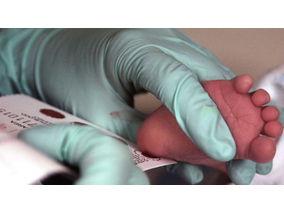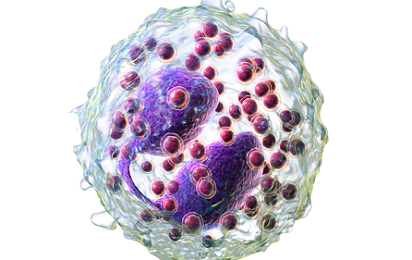A new study led by Dr. Ferran Pellisé, head of the Spine Unit of the Orthopedic Surgery and Traumatology Department of the Vall d'Hebron University Hospital and head of the Spine Research Unit of the Vall d'Hebron Research Institute (VHIR), has analyzed the largest database of adult patients with spinal deviation, to which artificial intelligence techniques were applied to carry out the research. The analysis aimed to identify trends in quality of care indicators in the surgical treatment of adult scoliosis, such as complications, reoperations and impact on the quality of life of patients with spinal deviation, since 2010. The results have been published in The Journal of Neurosurgery, a reference journal in the field of neurosurgery.
The study, carried out on 2286 patients, concluded that the number of surgeries increased a 100% in the last decade, and the rate of complications halved from 40% to 20%.
The international team led by Dr. Pellisé is part of the European Spine Study Group (ESSG), based in Barcelona, and the International Spine Study Group (ISSG), based in North America. For a decade, both groups have been leading research and advances in the surgical treatment of adult spinal deviations worldwide. The data belong to patients who have been treated by specialists who are members of the ESSG or the ISSG, in one of the centers affiliated to these research groups. In Spain, these are people who have undergone surgery at the Vall d'Hebron University Hospital, which led this initiative internationally, and at La Paz University Hospital in Madrid. These two centers are leaders in Spain in the practice and knowledge of spinal deviations, the result of 40 years of intense collaboration to improve knowledge and treatment in this area.
It is important to point out that a very significant number of these patients (up to 85%), who give their data by means of an ex profeso consent, very often decide to follow up their participation in the studies for years. The databases are of enormous interest, particularly in an environment where the number of interventions has grown by 100% due to an aging population suffering from disabling spinal conditions and demanding to maintain an active life despite their age. For many of these people, complex surgery will be necessary, not without complications, which will benefit from the information and studies arising from these databases.
Patients also benefit from the improvement in training, treatments and medication, and anesthetic techniques that have occurred in recent years. All this set of factors has meant that in the last decade the complication rate in these surgeries has been halved, from 40 to 20%. "The surgeries are complex and, therefore, the possibility of anticipating the risks of possible complications is key," assures Dr. Pellisé.
Scoliosis or spinal deviations are suffered by up to 30% of the population over 60 years of age. Although they do not always present symptoms, when they do, they tend to affect quality of life considerably, in the form of pain and loss of function.
The enormous amount of information gathered from patients before, during and after interventions allows the application of artificial intelligence solutions and algorithms to have much more precise knowledge about surgeries, even before the interventions. All this data allows us to know the origin of possible complications and improve their prevention.
The application of artificial intelligence mechanisms to these vast amounts of information makes it possible to make very specific predictions and identify the most beneficial scenarios. Likewise, over time, the data that best predict complications are recognized, so that even with the incorporation of new data, the process and the measurement of risk are simplified and the result is perfected.





